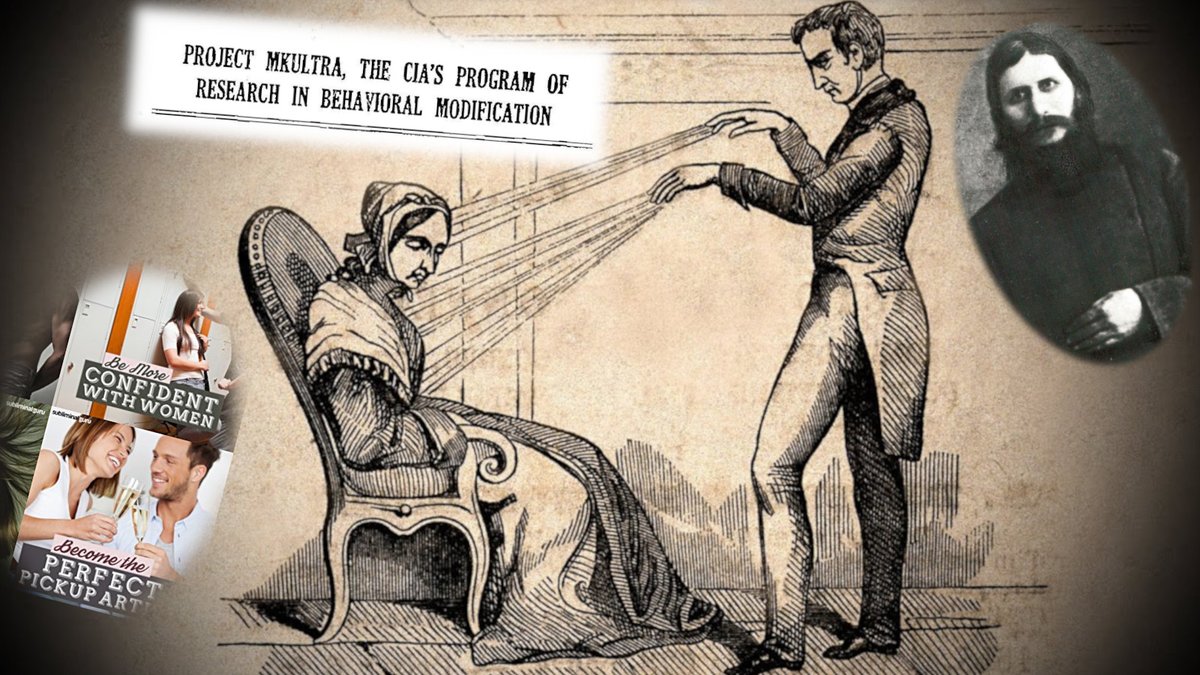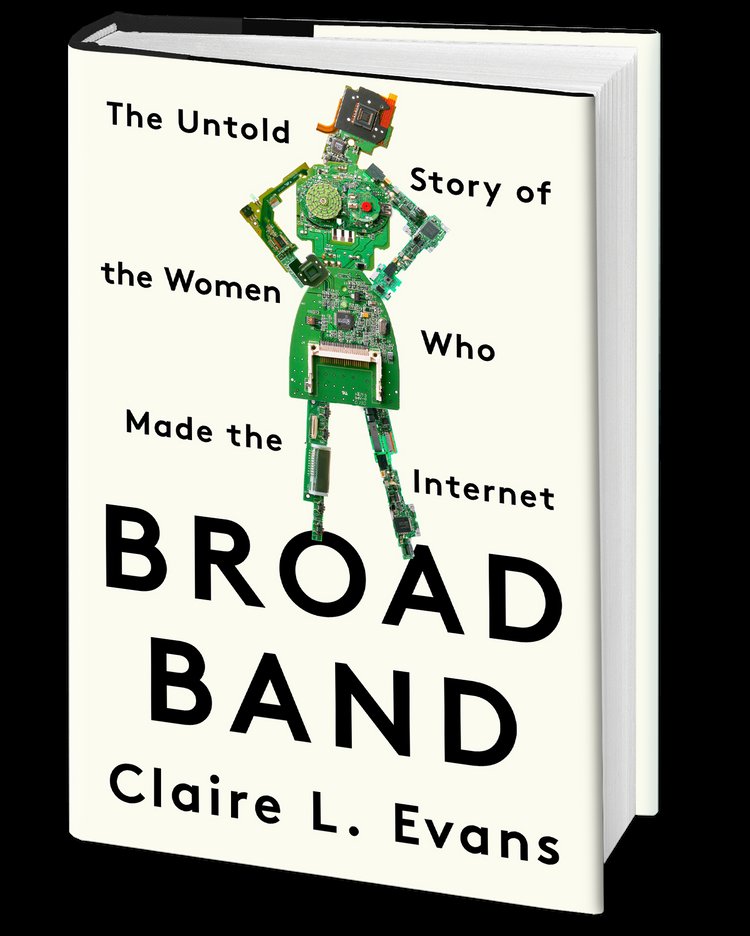
Adam Curtis is a brilliant documentarian, and films like Hypernormalization and series like All Watched Over by Machines of Loving Grace had a profound effect on my thinking about politics, technology and human thriving.
1/
1/

In this interview with The @Idler's @TWHodgkinson, Curtis lays out a compact, incisive and important critique of the big social media platforms - and of their critics, who give these companies far too much credit.
idler.co.uk/article/adam-c…
2/
idler.co.uk/article/adam-c…
2/
Curtis puts Big Tech's self-serving boasts about how good it is at manipulating public opinion in the same bucket as other outlandish claims of secret, astounding accomplishments, such as those made by British spy agencies.
3/
3/
When the Snowden leaks came to light, Curtis published an absolutely brilliant, jaw-dropping article on the BBC about his own investigations into spy agencies,
bbc.co.uk/blogs/adamcurt…
4/
bbc.co.uk/blogs/adamcurt…
4/
He concluded that spy agencies are filled with unhinged, unreliable sociopaths whose claims of competence only survive because everything they do is secret, so we have to take their word for it.
5/
5/
Once you understand this, you have to rethink the problem with intelligence agencies - not that they use surveillance effectively, but rather that they use it indiscriminately, to justify all kinds of dirty tricks against the targets of their paranoid prejudice.
6/
6/
The mainstream critique of spy agencies - the one that accepts their claims to hypercompetence at face value - is doing the spy agencies a favor, affirming these baseless claims. It's a species of what @STS_News calls "criti-hype":
pluralistic.net/2021/02/02/eut…
7/
pluralistic.net/2021/02/02/eut…
7/
Curtis agrees with Vinsel: the critique of social media centered on the industry's claims of devastating efficacy gives the industry far too much credit. He points out that advertisers are coming to the conclusion that ad-tech is a swindle, a bezzle:
pluralistic.net/2021/01/04/how…
8/
pluralistic.net/2021/01/04/how…
8/
If tech doesn't make money by being good at advertising, how to account for its riches? Curtis says it's monopoly: "four giant corporations who don’t produce anything, contribute nothing to the wealth of the country."
9/
9/
"[They] hoard their billions of dollars in order to pounce on anything that appears to be a competitor and buy it out immediately."
10/
10/
Curtis says that dark, irrational political movements aren't the result of Big Tech's algorithmic radicalization, but rather the material conditions created by a corrupt system:
11/
11/
"For 20 years, they’ve been offered no choice between the political parties. They’ve been given this enormous button that says 'Fuck off' and they’ve pressed it. That’s a rational thing to do."
12/
12/
This nihilistic conduct is the inevitable product of the "high individualism" doctrine: "in a period of high individualism, the one thing you don’t notice is power. You’re supposed to be an empowered individual yourself."
13/
13/
Think of how climate change debates have been dominated by "personal responsibility" as though the emergency stems from your personal recycling habits or your choice not to use underfunded transit.
14/
14/
When we're offered solutions, they turn on criti-hyped fields like "AI," which is actually just machine learning, which, in turn, is just statistical inference, with no path to producing anything like intelligence:
locusmag.com/2020/07/cory-d…
15/
locusmag.com/2020/07/cory-d…
15/
Curtis talks about how corruption has made us suspicious of science, and that vacuum gets filled with a kind of individualistic religion - citing Ayn Rand's claim not to fear death "because I won’t die, the world will die."
16/
16/
Curtis says the path forward is to "square the circle" between individualism and collective action - to find ways that individuals can become part of a collective, a movement, grounded in science that is liberated from industrial corruption.
17/
17/
"The internet is the thing that could do it, except the bastards got hold of it and isolated us even more. We are being made to do this work for free for them and they feed us stuff and we remain in our little bubbles...I would argue for the nationalisation of the internet."
18/
18/
I'm not sure about nationalization (though a publicly owned part of the internet is an intriguing idea), but so much of this resonated with me, and got a the points I tried to make with my 2020 book HOW TO DESTROY SURVEILLANCE CAPITALISM.
onezero.medium.com/how-to-destroy…
eof/
onezero.medium.com/how-to-destroy…
eof/
ETA - if you'd like to read or share this thread as a blog post, here's a permalink on my pluaralistic.net blog, which is free from surveillance, ads and trackers:
pluralistic.net/2021/02/11/rho…
pluralistic.net/2021/02/11/rho…
• • •
Missing some Tweet in this thread? You can try to
force a refresh








